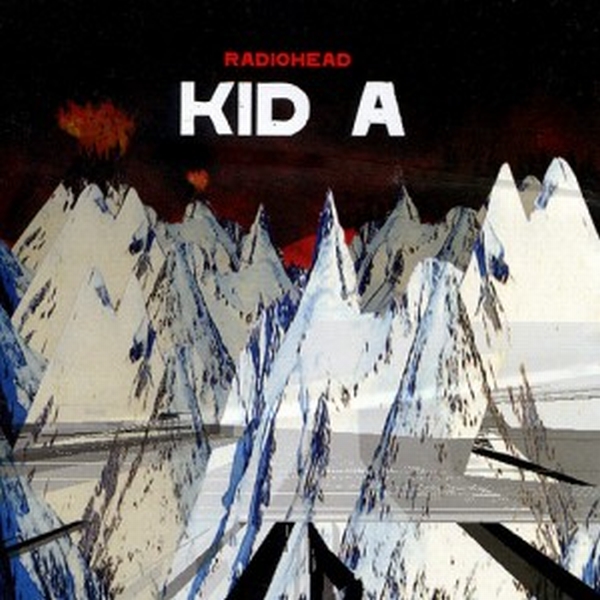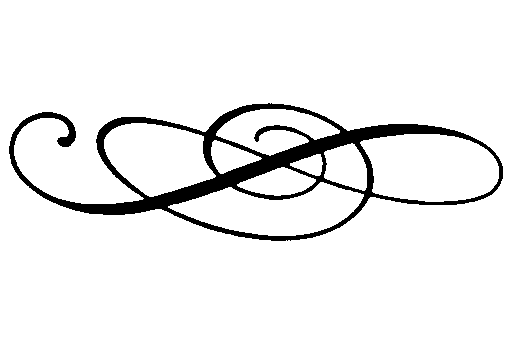

 Radiohead
Radiohead | Release date | Label | Producer | Genre | Length | More info |
| 2000.10.03 | Capitol/Parlophone | Nigel Godrich | Modern Art Rock | 49:56 |  
 |
This is what happens when you wake up sucking a lemon.
Background
History operates along the same lines: with 1997's OK Computer making Radiohead the #1 band in the world and gaining the critical status of a Dark Side Of The Moon for the Nineties, they found themselves in the same type of crisis as Floyd in 1974 - exhausted and drained from the hype, yet inavoidably obliged to eventually come up with something comparable in ambition, execution, and impact. Just as The Bends were a major creative leap over Pablo Honey, and the scope and pretense of OK Computer, in its turn, put The Bends to shame, so the next album had to represent yet another step forward; but in 2000, it was not at all clear whether a huge step forward within the confines of rock music (or traditional genres of music as a whole) was even possible, let alone whether Radiohead had enough genius left to make it.
Around 1998-99, rumors began to circulate that Thom Yorke pretty much "had it" with rock music, particularly guitar-based, and that even the concept of a clearly defined "melody" as such began to feel alien to him - a clear sign that he was looking for an answer well beyond the expectable and predictable, and that the band's (or at least, Yorke's personal) spirit of adventure had not yet run its course. During those years, he mostly listened to electronic artists like Autechre and Aphex Twin, sensing that it was them, with their totally different, but no less emotional, sounds, rather than anybody else, who truly represented the music of tomorrow; and indeed, Radiohead's movement into the direction of computer software and IDM now seems an inevitable part of their destiny, the only thing they could do at the time in order to avoid the demon of stagnation. They were certainly not alone in this enterprise: on the whole, the revival of "raw" guitar rock, spurred on by the grunge movement at the beginning of the decade, was already winding down, and in the 2000s, only the laziest (or the most religiously conscious) bands would resist the temptation of synthesizing their guitar playing with some computer-generated sound loops. But it is Kid A that would arguably become the symbolic flagship of the whole movement.
Some basic factsIt is interesting to note that upon release, reviews for Kid A were fairly mixed - Radiohead's new-improved electronic textures displeased and perturbed quite a few of the critics, even if Radiohead's overall reputation at the time was so high that the album still topped the charts both in the UK and in the US. Eventually, even most of the harsh-hearted critics relented, and today Kid A is generally regarded as an artistic triumph, a bold and visionary record that ushered in the 2000s in music and managed to reinvent the already outstanding band in a different, but no less imposing light. In agreement with its reputation, Kid A has been re-released multiple times in various editions, the most comprehensive of which so far is the Special Edition from 2009 (not that it's a must-have or anything: where Special Editions of earlier albums are valuable because the bonus CDs throw on various B-sides and EPs that are otherwise unavailable, the Kid A era yielded no singles or EPs, and so all the bonus tracks there are just various live performances of Kid A material).
For the
defense
Although Kid A has been called a "difficult album", many times over, it is certainly not any more difficult than its primary electronic or avantgarde influences. Its songs are more ambiguous than anything Radiohead had ever done before, for sure, but essentially it explores the exact same themes - loneliness, alienation, fear, paranoia, disillusionment, you name it - and if it didn't, it wouldn't have caught on so easily with the general public. And for all its "progress", it has a number of very firm links with Radiohead's past that greatly assisted the public with catching on. ʽThe National Anthemʼ, for instance, despite all the infamous "jazz cacophony" created by a swirl of brass overdubs, rides atop a firm, solid, decisive bass groove that sounds not unlike the main riff of ʽParanoid Androidʼ. ʽOptimisticʼ is a clearly guitar-based pop-rocker that would have easily fit on The Bends; ʽIn Limboʼ has the guitars-and-keyboards-floating-in-space aura of ʽSubterranean Homesick Alienʼ; and even if ʽMorning Bellʼ rides on a primarily electronic keyboard melody, it still sounds like one of Radiohead's traditionally soulful pleas to the Great God of Mercy. All the more respectable are the many ways in which these traditional elements interact with the novelty stuff - which ranges from pure instrumental ambience (ʽTreefingersʼ) to psychedelic orchestral arrangements (ʽHow To Disappear Completelyʼ). In short, it's a dang clever album, regardless of how you feel about it.
For the prosecution
You don't really need to go past the first track of this album to learn your future perspective on the whole thing. There are people out there who find ʽEverything In Its Right Placeʼ the perfect epitome of all the bleakness and desperation that accompanies Radiohead wherever they go. The deep keyboard tone, the repetitiveness, the somnambulant-depressive voice, the whispery overdubs, the electronic crescendos, all working towards that goal. Alas! All I hear is a repetitive, deeply annoying whine that hints at bleakness and desperation, but never goes for the real thing - working at best on a symbolic level, as if Yorke and his pals were staging a traditional Chinese theater play, which, however, they are not. I get Michael Stipe, I get Lou Reed, I get Robert Smith, I get Portishead, I even get Radiohead themselves, of the ʽLuckyʼ variety, but this is just tedious and annoying, and Yorke's mantra-like vocalizing eventually becomes a buzzing fly effect that simply shots my nerves (it gets even worse on ʽIdiotequeʼ, though). But mostly it's a matter of that keyboard melody - I have no idea whatsoever how that melody could cause even the slightest emotional ripple in anybody, which, apparently, it does, leaving me stumped.
Over the years, I have desperately tried to find even one song on this album that would properly connect on an emotional level, and the closest I ever got was with ʽOptimisticʼ, because, as I already said, it is the only song here that is clearly reminiscent of "old school" Radiohead, when they were content with writing real instrumental and vocal melodies, and it's got some really lovely vocal harmonies that offer a brief respite from the usual Thom Yorke caterwauling. It is still not a masterpiece, though, and it hardly compensates for the complete hollowness of everything else, and I literally mean everything. At best, they just sound derivative (ʽTreefingersʼ, an experiment in turning your guitar into an ambient organ, is listenable but hardly improves upon anything Brian Eno had done), and at worst you get ʽIdiotequeʼ, easily the worst song in Radiohead's entire catalog - at least because of my wanting to physically strangle Mr. Yorke for his, perhaps somewhat authentic, but irredeemingly ugly attempt at impersonating a crazy person announcing the coming of the ice age.
That said, if it was all just a matter of an annoying vocalist... I don't think Kid A would have worked for me as a purely instrumental album, either. Again, for all of its experimentation, I have no idea what it is exactly that should place it above all those Nineties masterpieces by Portishead or Björk. Most of the melodies here revel in minimalism while forgetting that good minimalism has to strive to place emotionally meaningful content into minimalistic note sequences - certainly not something the presence of which I could ever suspect in the title track. Test situation: take the minimalistic electronic keyboard melody of ʽEverything...ʼ or ʽMorning Bellʼ, then go compare it with, say, the similarly minimalistic (even similarly-toned) electronic keyboard of Portishead's ʽRoadsʼ, then tell me the difference. It is my firm conviction that the boys were so deeply entrenched in intellectual experimentalism here that they completely forsook substance for style.
I realize that this whole thing is a very subjective matter, of course, and also that Kid A may produce very different effects on people depending on their age, social and cultural background, and, most importantly, listening experiences. But in my personal case, at least certain changes in age and listening experience have had no effect whatsoever: from the beginning, I was certain that with Kid A, Radiohead completed the process of "losing the way" which was surreptitiously initiated with the still great OK Computer, and time, life, and supernatural spirits did nothing to clear me of that conviction, even though God knows I've tried groping for the album's hidden charm every now and then. No dice.
Conclusion
| Melody |
Voice | Mood | Production | Innovation/Influence | Where it belongs | RYM preference | |
 |
 |
 |
 |
 |
 |
#5 (Jan 31, 2016) |

| Previous entry | Main page | Next entry |